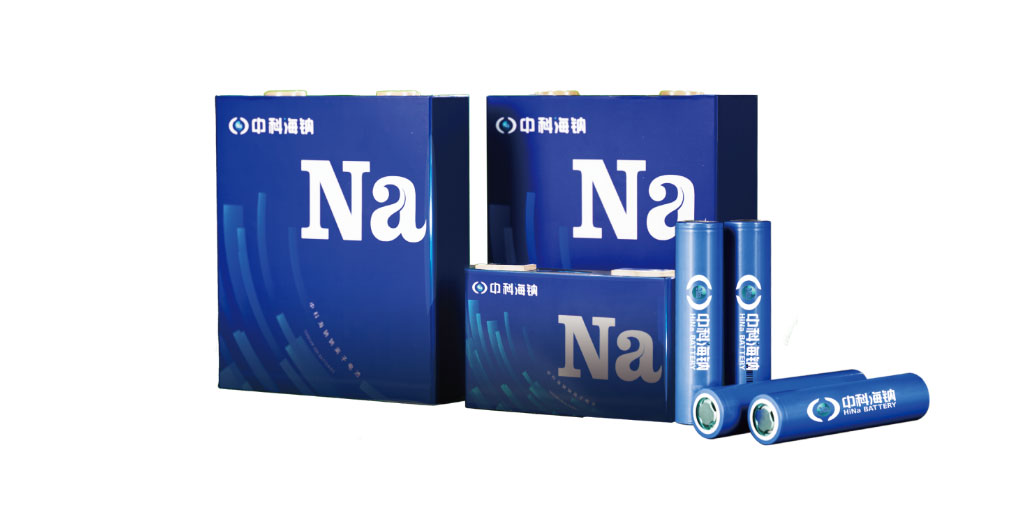Industry forum highlights sodium-ion’s high safety and low-cost advantages, with experts expecting scaled applications within the next three years.
The post Experts: sodium-ion batteries to enter large-scale applications by 2026 as costs fall appeared first on CarNewsChina.com.





